What is Hydraulic Oil?
1.- What is Hydraulic Oil?
Hydraulic oil, also referred to as hydraulic fluid, is a non-compressible fluid essential for transferring power within hydraulic machinery and equipment. It serves multiple functions beyond power transfer, acting as a sealant, coolant, and lubricant within the machinery. Critical for the proper functioning of hydraulic systems, hydraulic oils lubricate and cool components like pumps, valves, and cylinders. With a range of options available, selecting the appropriate hydraulic oil is crucial for optimal performance, reliability, and longevity of hydraulic systems. It can be generally synthetic- or can also be mineral-based.
2.- What is the difference between synthetic and mineral based Hydraulic Oil?
The main difference between synthetic and mineral-based hydraulic oils lies in their composition and performance characteristics. Mineral oils, derived from crude oil through distillation, are cost-effective and widely used due to their good lubrication properties. However, they have limited resistance to oxidation, potentially leading to oil breakdown and sludge formation over time. On the other hand, synthetic oils, crafted through advanced engineering in modern laboratories, offer superior physical properties such as high-temperature performance, biodegradability, and oxidation stability. While synthetic oils come with a higher price tag, their benefits often justify the investment, providing extended service life, reduced wear and tear on components, and tailored performance for specific applications.
3.- Properties of a good Hydraulic Fluid:
The following characteristic properties of hydraulic oil ensure the proper operational working of your hydraulic system:
- Anti-wearing
- Constant viscosity
- Cost-effective
- Fire resistance
- Long-lasting
- Low tendency to cavitate
- Non-compressibility
- Non-corrosiveness
- Non-volatile
- Stable
- Thermal stability
- Water tolerance
4.- Considerations for fluid selection: Selecting the right hydraulic fluid involves considering various factors to ensure the optimal performance and longevity of the hydraulic system.
Here are some key factors to consider:
Operating conditions: Evaluate the temperature range in which the hydraulic system operates. Choose a fluid with appropriate viscosity and thermal stability to maintain optimal performance under these conditions. For cold environments, select a fluid with a low pour point to prevent thickening and ensure fluidity. Conversely, for high-temperature environments, prioritize fluids with high thermal stability to resist oxidation and viscosity breakdown.
Viscosity grade: Match the viscosity grade of the hydraulic oil with the recommended grade specified in the equipment manufacturer’s manual. Selecting the appropriate viscosity grade (often termed as the "hydraulic fluid grade") stands as the paramount consideration in hydraulic oil or fluid selection. Oil grades primarily classify viscosity levels. Typical classifications comprise ISO VG 32, 46, and 68 for industrial settings, and AW 32, 46, and 68 for high-pressure environments. Each grade is designed for distinct operating conditions and application demands. Aligning the oil grade with your system's specifications is crucial for seamless operations and prolonged durability. Regardless of other advantageous properties, mismatching the viscosity grade with the operational temperature range of the hydraulic system can lead to detrimental outcomes. Incorrect selection of viscosity grade can accelerate the degradation of hydraulic components beyond expected levels.
Additive package: Evaluate the specific needs of your hydraulic system and opt for an oil fortified with an appropriate additive package. Additives play a pivotal role in enhancing fluid performance and longevity. Tailor your additive selection to tackle the challenges encountered by your system, whether it involves preventing wear in high-pressure components or inhibiting corrosion in humid environments.
Additional Hydraulic Oil additives:
- Anti-wear: Extends the lifespan of equipments and machinery while enhancing overall system performance.
- Cold flow: Necessary for enabling machinery and equipment operation in extreme cold weather conditions.
- Anti-foaming: Controls and limits oil foaming, effectively managed by anti-foam additives.
- Antioxidant: Prevents sludge formation within the fluid, maintaining system cleanliness.
- Anti-rust: Forms a protective coating to mitigate the risk of rust damage due to oxygen exposure within the system.
What does AW Stand For?
AW (anti-wear) oils are essential for providing protection to hydraulic machinery, ensuring their proper functioning and longevity. These oils are classified under ISO as -HM. They consist of two main components: a petroleum base fluid and an anti-wear additive.
The anti-wear additive is crucial for protecting the hydraulic pump from wear and tear. It forms a protective film on metal surfaces, reducing friction and preventing metal-to-metal contact, which can lead to damage and failure of the machinery.
AW hydraulic oils come in a variety of viscosities and formulations to suit different application requirements. For example:
- U1P-Duty AW ISO 32 Hydraulic Oil for use in cold weather applications such as snow plows.
- U1P-Duty AW ISO 46 Hydraulic Oil is designed for use in off-road equipment like dump trucks and excavators.
- U1P-Duty AW ISO 68 Hydraulic Oil is ideal for use in industrial equipment operating at higher temperatures, such as hydraulic presses or cardboard compactors.
The quality of the base oil and the quantity of additives determine the performance of AW oils, which in turn affects their price point. It's important to refer to individual product data sheets to understand the specific performance and quality of a given lubricant. Understanding the properties of AW oils can help users select the right product for their machinery and application needs.
Compatibility: Compatibility refers to the capacity of hydraulic fluids to blend without compromising their properties or performance. It extends beyond mere fluid mixing and encompasses its interaction with system components. When selecting hydraulic fluid, it's imperative to ensure compatibility with elastomers, seals, and other materials employed within the hydraulic system. This precautionary measure mitigates the risk of degradation or malfunction, safeguarding the integrity and functionality of the hydraulic system.
Environmental regulations: Adhere to environmental regulations and guidelines when selecting hydraulic fluids. Choose fluids that comply with regulatory requirements and minimize environmental impact through proper disposal practices.
Manufacturer recommendations: Consult the equipment manufacturer’s manual for specific recommendations on hydraulic fluid selection. Follow the manufacturer's guidelines to ensure compatibility, performance, and warranty compliance.
By considering these factors comprehensively, you can select the most suitable hydraulic fluid for your system, optimizing its performance, durability, and reliability

5.- Hydraulic Oil Viscosity Index
The viscosity index (VI) serves as a metric to gauge the variation in viscosity of hydraulic oil in response to temperature fluctuations. A hydraulic oil possessing a low viscosity index will experience a more pronounced alteration in viscosity with temperature changes compared to one with a high viscosity index.
Applications subjected to a wide range of ambient and/or operating temperatures typically necessitate hydraulic oil with a high VI.
A base oil derived solely from straight paraffinic minerals often yields a fluid with a low viscosity index. Conversely, blending paraffinic mineral base oil with viscosity improvers results in a fluid boasting a high viscosity index.
The Society of Automotive Engineers (SAE) devised a classification table (VI Scale) to delineate viscosity levels based on temperature (°C). Originally extending up to 100°C, advancements in hydraulic oil formulations have expanded the scale beyond this threshold.
- Low viscosity (0 – 35°C)
- Medium viscosity (35 – 80°C)
- High viscosity (80 – 110°C)
- Very high viscosity (110°C and greater)
This classification aids in identifying hydraulic oils with viscosity indexes aligned with specific temperature ranges, facilitating optimal performance across diverse operating conditions.

6.- Keep it clean
Hydraulic oil is considered the “lifeblood” of the hydraulic system, so it is very important to understand the operating characteristics as well as the common problems encountered when using hydraulic oil.
Among the common hydraulic oil problems, water contamination is known to be the most common, followed by gas and solid contamination which cause serious damage to the hydraulic system, becoming a major problem. Accidents are of concern to businesses.
Causes of contaminated hydraulic oil:
Hydraulic oil is contaminated by many agents: solids, gases and water, of which water contamination is the most common. In addition to hydraulic oil, other oils are also very often contaminated with water such as turbine oil, circulating oil, engine oil, gear oil, etc. Poor quality hydraulic oils even though they are new have a high amount of impurities and during use also increase the possibility of contamination because of the very poor air separation, water separation and anti-wear performance of these oils.
How to prevent contamination of hydraulic oil:
- Store oil tanks indoors with a roof. Avoid exposure to sunlight and rain, and moisture, especially once the lid is opened and the oil is used.
- Keep the environment around the work area dry.
- Make sure the oil pump tool is not contaminated.
- For hydraulic systems that are cooled by water, regularly check the system for alum or rotted leaves, and cooling pipes to detect leaks and take action to replace them if needed. the most timely treatment.
- It is recommended to use quality hydraulic oil products with important features such as anti-wear, good water and air separation, to protect machinery and limit the impact of oil contamination.
Hydraulic oil is an oil with physico-chemical stability and is difficult to be affected by the external environment. However, during operation, if careless, the phenomenon of oil contamination will occur frequently. The effect of contaminated oil is unstable in terms of lubricating performance with serious consequences for hydraulic systems.

If you require a high-quality hydraulic oil for agricultural machinery, construction equipment, or any other industrial application; we offer a diverse selection of hydraulic fluids to meet your needs. Feel free to reach out to us by calling +1 (888) 685-8721 or email us at orders@plum-capybara-384411.hostingersite.com today. You can contact us to discuss your specific needs or request a quote. We look forward to serving you!
